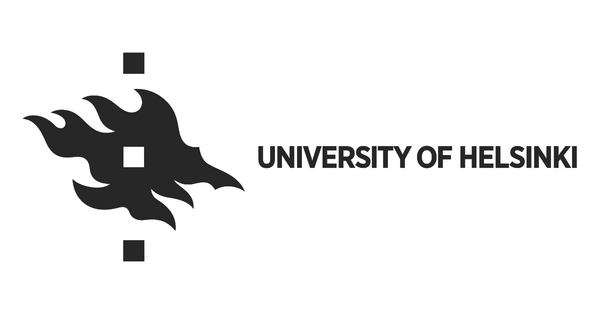University of Helsinki: 7 good science news about motherhood
Happy Mother’s Day! Research provides solutions for safer pregnancy and motherhood. It helps figure out societal challenges related to motherhood. We gathered seven recent good science news about motherhood to celebrate Mother’s Day.
Mothers who used gamete donation to get pregnant, are increasingly telling their child about the child’s genetic background
The use of donated gametes has made parenthood possible for those women and men who are unable to conceive with their own gametes. One of the most important questions in gamete donation is whether the child should be informed about his/her genetic background.
Mari Sälevaara studied the fear of childbirth and delivery experience among women who conceived with donated oocytes. She also looked into the mothers’ and their partners’ mental health and whether the parents were going to tell their children about the way of conception.
Read the whole study “Transition to parenthood after fertility treatment with oocyte and sperm donation”.
Language learned in everyday contexts provides a sense of belonging, language socialization opportunities and languaging possibilities
Language learning and employment are often spoken about in public discourse as the keys to integration.
Minna Intke-Hernandez challenged this view in her doctoral dissertaion. According to her research, everyday interaction situations that arise from motherhood and its social contexts provide empowering language socialization opportunities, because children create situations in which mothers have to engage in languaging.
Language learning supports integration, and vice versa.
Read the abstract of Intke-Hernandez’s dissertation or the whole dissertation in Finnish.
Fecal transplantation can restore the gut microbiota of C-section babies
Birth by C-section hinders the baby’s gut microbiota from developing normally.
Researchers showed, that some of the mother’s intestinal microbes can be transferred to the newborn directly after the C-section. In this way, the baby’s microbiota can be restored to a state similar to that of babies born vaginally.
Read the whole news article about normalizing a baby’s gut microbiota.
Singing to a preterm baby during kangaroo care reduces the mother’s anxiety and supports the relationship between mother and baby
Premature birth increases the risk for mothers to suffer from anxiety and may hinder the development of interaction between the mother and the baby.
According to a study, combining singing and kangaroo care helps mothers of preterm babies feel better and helps them form a connection to their baby. In kangaroo care, the baby is placed on the parent’s chest to establish skin-to-skin contact.
Read the whole news story about the benefits of singing during kangaroo care.
A study identified several genetic risk factors for pre-eclampsia
Pre-eclampsia affects up to 5% of pregnant women. It contributes to the death of ca 50 000 women and up to 1 million babies every year.
Researchers identified several previously unknown genetic factors that increase the risk of pre-eclampsia.
“The new insights from this study could form the basis for more effective prevention and treatment of pre-eclampsia in the future, and improve the outcome of pregnancy for mother and child”, commented one of the researchers.

